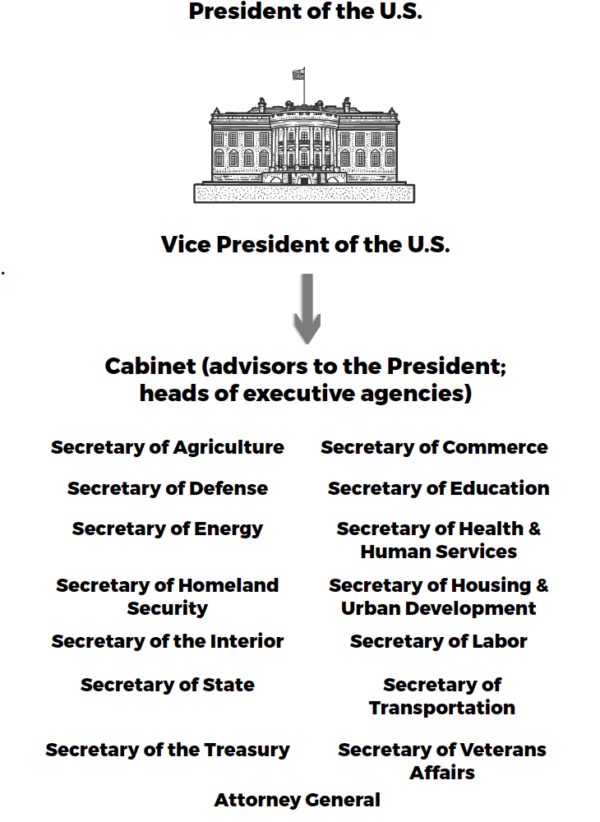The executive branch of the federal government can often be a confusing space for both new and experienced advocates. Both the ways to participate in the regulatory process and the agencies making decisions about the lives of people living with HIV are complicated, making the process hard to navigate.
This factsheet will provide a primer on what the executive branch and administrative agencies do, what the main agencies and policies affecting the lives of people living with HIV are, and what steps advocates can take to influence executive agency decision making.
In this webinar from May 20, 2021, we discussed how to engage in federal administrative advocacy by unpacking:
- What are the federal agencies and offices, such as PACHA and ONAP, affecting HIV law and policy;
- the main laws and regulations impacting people living with HIV;
- and how to get involved and impact the process yourself.
Background: The Executive Branch
HIV and the Executive Branch
Office of National AIDS Policy (ONAP)
This office has provided overall guidance and coordination of the domestic HIV response. ONAP is situated on the White House Domestic Policy Council, which advises the President on all domestic policy matters. ONAP became defunct under the Trump administration, but was reestablished by the Biden administration in 2021.
Harold Phillips currently serves as director of ONAP.
Department of Health and Human Services (HHS)
Department of Housing and Urban Development
Housing Opportunities for Persons with AIDS (HOPWA)
Grants to local communities, states, and nonprofit organizations for projects that provide housing for low-income persons living with HIV/AIDS and their families.
Department of Agriculture
Supplemental Nutrition Assistance Program (SNAP)
Federal program helping low- and no-income people, those receiving public benefits, the elderly or disabled, or unhoused people purchase food.
Social Security Administration
Supplemental Security Income (SSI)
Financial support for people with disabilities and low income and resources.
Social Security Disability Insurance (SSDI)
Provides benefits for people with disabilities, including HIV.
Department of Justice
Conducts new investigations of HIV/AIDS discrimination under the Barrier-Free Health Care Initiative, the Fair Housing Act, and the Americans with Disabilities Act.
Released the Best Practices Guide to Reform HIV-Specific Criminal Laws to Align with Scientifically Supported Factors in 2014.
The Presidential Advisory Council on HIV/AIDS (PACHA) and the CDC/HRSA Advisory Committee on HIV, Viral Hepatitis and STD Prevention and Treatment (CHAC) are both governed by a charter.
The charter mandates everything about the advisory body, from who is included on the body (like if people living with HIV must be included) to how many times it meets per year.
PACHA is rechartered by each new presidential administration. At the time of publication of this fact sheet, President Biden has not yet rechartered PACHA.
How Do You Make Changes in Administrative Policies?



